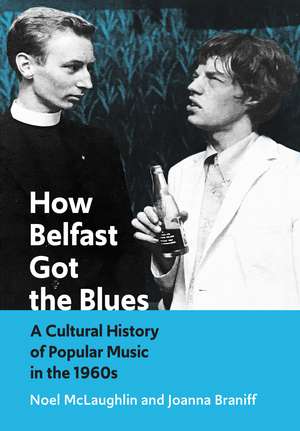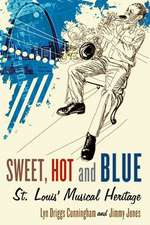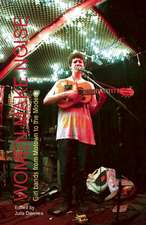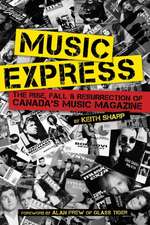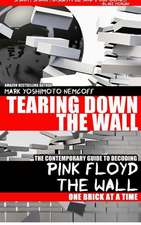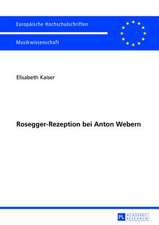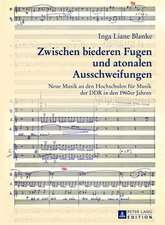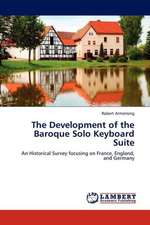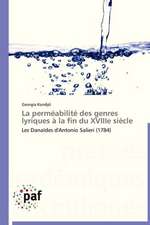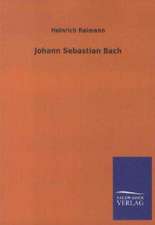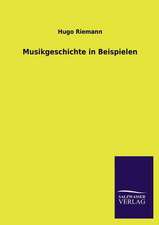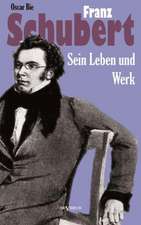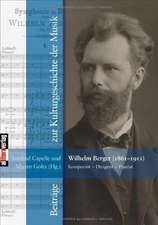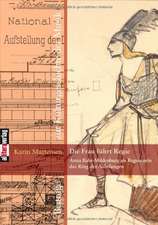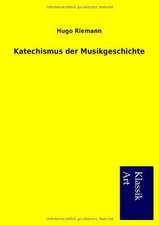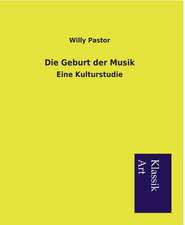How Belfast Got the Blues: A Cultural History of Popular Music in the 1960s
Autor Noel McLaughlin, Joanna Braniffen Limba Engleză Paperback – 12 feb 2021
This book provides the answers in an engaging and dynamic reconsideration of Belfast’s long-ignored contributions to the popular music and cultural politics of the 1960s. In an expansive socio-cultural history, Noel McLaughlin and Joanna Braniff explore how popular music engaged with and influenced the global cultural and political currents of the decade.
The popular history of Northern Ireland has been overshadowed by the violence of the Troubles. But How Belfast Got the Blues offers a corrective, reconsidering the period before 1969 and arguing that popular music in Northern Ireland was central to the politics of the time, in ways not previously understood or explored. In addition to big names like Van Morrison and Rory Gallagher, the authors highlight lesser-known artists—notably Ottilie Patterson, Ireland's first blues singer—and restore them to music history. By intertwining politics, culture, and key personalities, the authors reexamine this radical decade and the complex but essential relationship between music and identity in a place where it could mean the difference between life and death.
Preț: 268.11 lei
Nou
Puncte Express: 402
Preț estimativ în valută:
51.30€ • 53.70$ • 42.70£
51.30€ • 53.70$ • 42.70£
Carte disponibilă
Livrare economică 10-24 martie
Livrare express 21-27 februarie pentru 46.85 lei
Preluare comenzi: 021 569.72.76
Specificații
ISBN-13: 9781789382747
ISBN-10: 1789382742
Pagini: 550
Dimensiuni: 171 x 235 x 30 mm
Greutate: 0.84 kg
Editura: Intellect Ltd
Colecția Intellect Ltd
ISBN-10: 1789382742
Pagini: 550
Dimensiuni: 171 x 235 x 30 mm
Greutate: 0.84 kg
Editura: Intellect Ltd
Colecția Intellect Ltd
Notă biografică
Noel McLaughlin is a popular musician historian and a senior lecturer at Northumbria University, UK. He is the coauthor of Rock and Popular Music in Ireland: Before and After U2. Joanna Braniff is an author, journalist, and media consultant based in Belfast. She was features editor of the Irish News from 2002 to 2008 and director of political communications in the Northern Ireland Assembly from 2010 to 2015.
Cuprins
Introduction: Belfast at a crossroads
Chapter 1: 1964
Chapter 2: The political power of a film that might have been
Chapter 3: ‘We gotta get into this place’
Chapter 4: ‘Them are coming!’
Chapter 5: A story of Them
Chapter 6: Irish lady sings the blues
Chapter 7: 1966 – The summer of love?
Chapter 8: Crossroads – Times have surely changed
Chapter 1: 1964
Chapter 2: The political power of a film that might have been
Chapter 3: ‘We gotta get into this place’
Chapter 4: ‘Them are coming!’
Chapter 5: A story of Them
Chapter 6: Irish lady sings the blues
Chapter 7: 1966 – The summer of love?
Chapter 8: Crossroads – Times have surely changed
Recenzii
"The first must-have music book of the year."
"There is no shortage of books about the British Invasion or the history of R&B and the Blues in the United Kingdom. Belfast might seem like something of a peripheral backwater to that story, only meriting a passing reference as Van Morrison’s hometown. Yet, in How Belfast Got the Blues, authors Joanna Braniff and Noel McLaughlin center Belfast, the complex political situation of Northern Ireland just before the Troubles, and the Blues as a politicized art form that played its part in the complicated dance among the Catholics, the Protestants, the generation just coming of age in the 1960s, and the Irish political leadership. . . . They demolish some cherished myths about the Blues in Belfast, bring some important figures back into the narrative—most importantly Ottilie Patterson, Ireland’s first Blues singer—and find unexpected meaning in the film, Charlie is My Darling, directed by Peter Whitehead, that even die-hard Rolling Stones fans probably don’t know about."
"How Belfast Got the Blues provides a meticulous account of Belfast's popular music culture and politics of the 1960s, going beyond the big names and greatest hits of the decade and, crucially, includes some of those disregarded in previous historical accounts. . . . [It] marks an incredibly valuable contribution to both Irish studies and popular music studies that both celebrates and critiques the multifaceted role of Belfast's music scenes and its international impact."
"A fascinating and highly original book that (re-)places Northern Ireland at the heart of key popular-musical and broader popular-cultural moments in the 1960s, offering fresh insights and presenting huge amounts of new material."
"This is a brilliantly innovative book that pushes back the boundaries of existing knowledge quite substantially. It will remain for many years the definitive study of the subject and a point of reference for further research and controversy."
